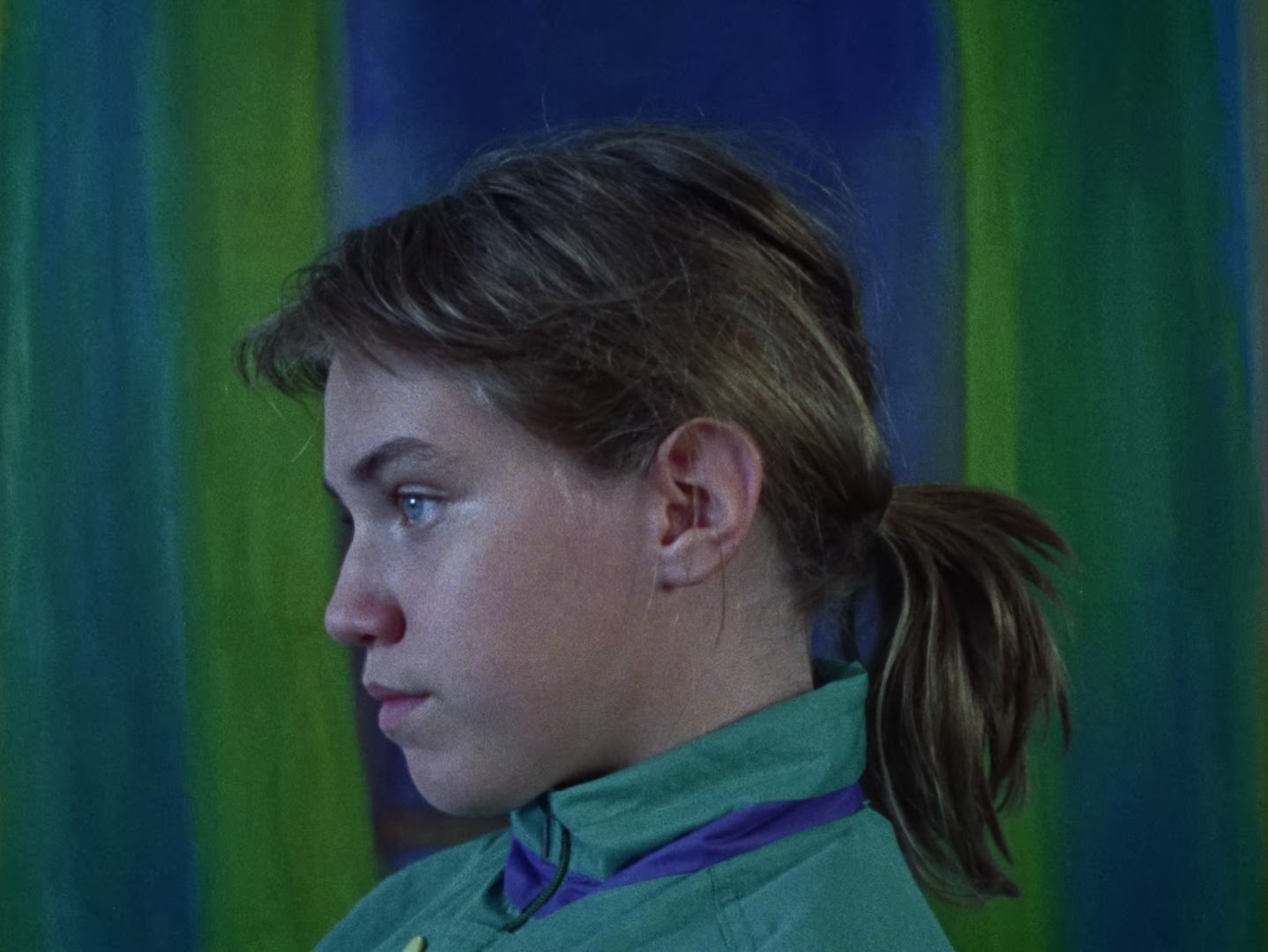When the phone rang
Original title: Kada je zaznio telefon
Directed by: Iva Radivojević
Country: Serbia
Length: 73 min.
Year: 2024
Premiere: Locarno Film Festival 2024
SPECIAL MENTION - LOCARNO 2024, "CINEASTI DEL PRESENTE"
Synopsis: Lana answers a phone call, which sets in motion a series of dramatic events.
RATING: 5/5
REVIEW
A phone that rings in an country that no longer exists. If it wasn't for sporadic references to the year or to locations, it wouldn't be clear what war is about to start, which is the name of the country. It is this form of subtraction through which When the phone rang manages to tell the tragedy that follwed the fall of Yugoslavia, with constant omissions by a narrator that seems to be dissociating from history, to tell the arguably simpler tragedy of a girl, Lana, who has to flee her country.
The immediateness of a phone call, its perturbative nature are a metaphor for the improvise nature of change that perpetuates throughout the film: at various points, when Lana seems to be finding a new balance in her life, the phone call returns, almost a call of fate reminding of her future destiny. Soon the film settles in a form that feels like a gloomy fable, that abstracts from the context of the film to describe the more universal nature of change, which is prompted by the urgency of external events as equally as from an interior maturation, as is Lana's case.
A memoire, but not nostalgic or idealised. When the phone rang does not
feature the issues sometimes perceived in serbian films, that sense of
pride for the dissolved country that creeps in through the cracks of a
sense of guilt. Radivojecić's film does not choose hermetism to conceal
ideology, but rather to make the film's emotional journey more
accessible, without the weight of a required socio-historical knowledge.
The narrator, in some forms unreliable, plays a significant role in shaping a fable-like atmosphere for the film and in building up this complex, yet simple thematic framework. Masterfully written, its voice over never exceeds into exposition, often hinting rather than exposing elements such as its own identity, contributing to the internal economy of a film that in its 73 minutes does not feel limited.
It is also the form that contributes to the beauty of When the phone rang: shot in 16mm, mostly with closeups or very occasional larger shots, it is a film of textures, faces, that captures the colour essence of the '90s, and that does not refrain from employing experimentalist devices such as the repetition of shots - for example one of the early frames, a clock on a wall that shows the same hour, that appears at most of the phone calls - or daring superimpositions, abstractions like in a scene that depicts a nightmare the protagonist experiences through an elaborate lighting effect.
There are really few films that have been able to reinvent reality into a lucid fable as Iva Radivojević has. Even less that were able to narrate such a tragic historic event without ever referring it directly. These strengths make When the phone rang an absolute masterpiece of a feature film, which turns its small scope and size into its strength.

Comments
Post a Comment